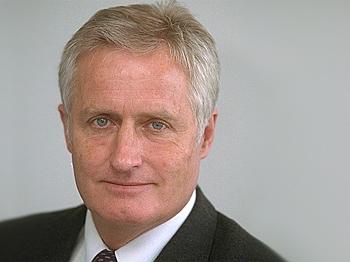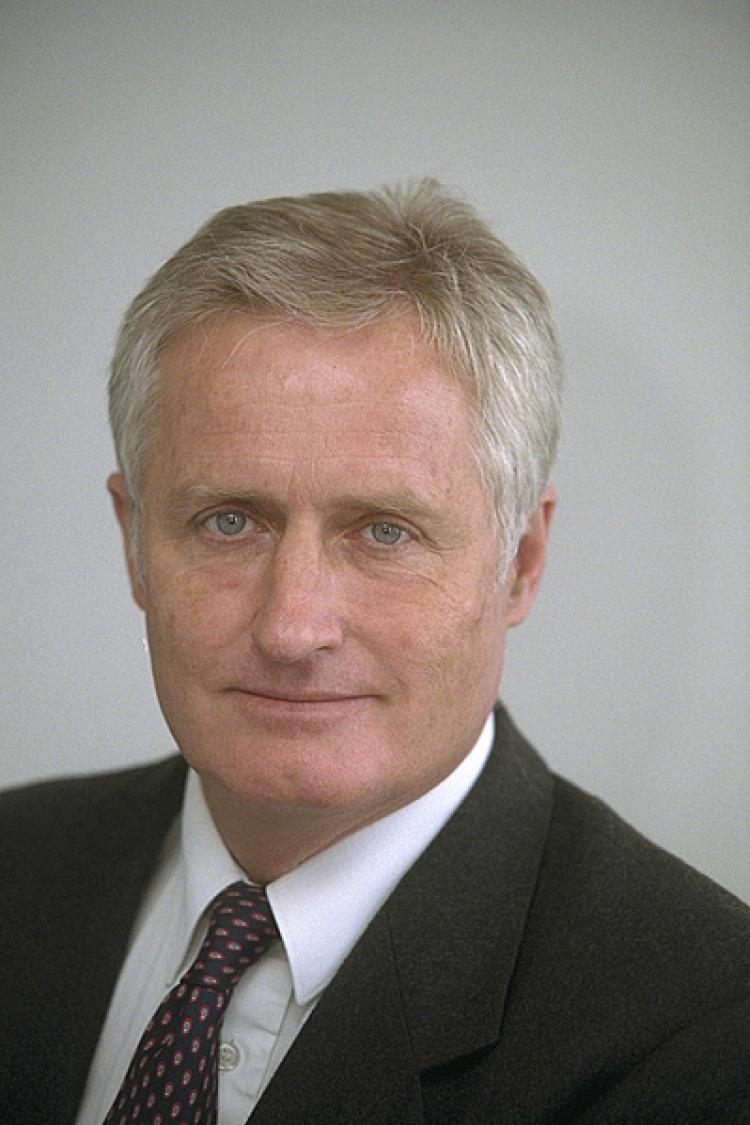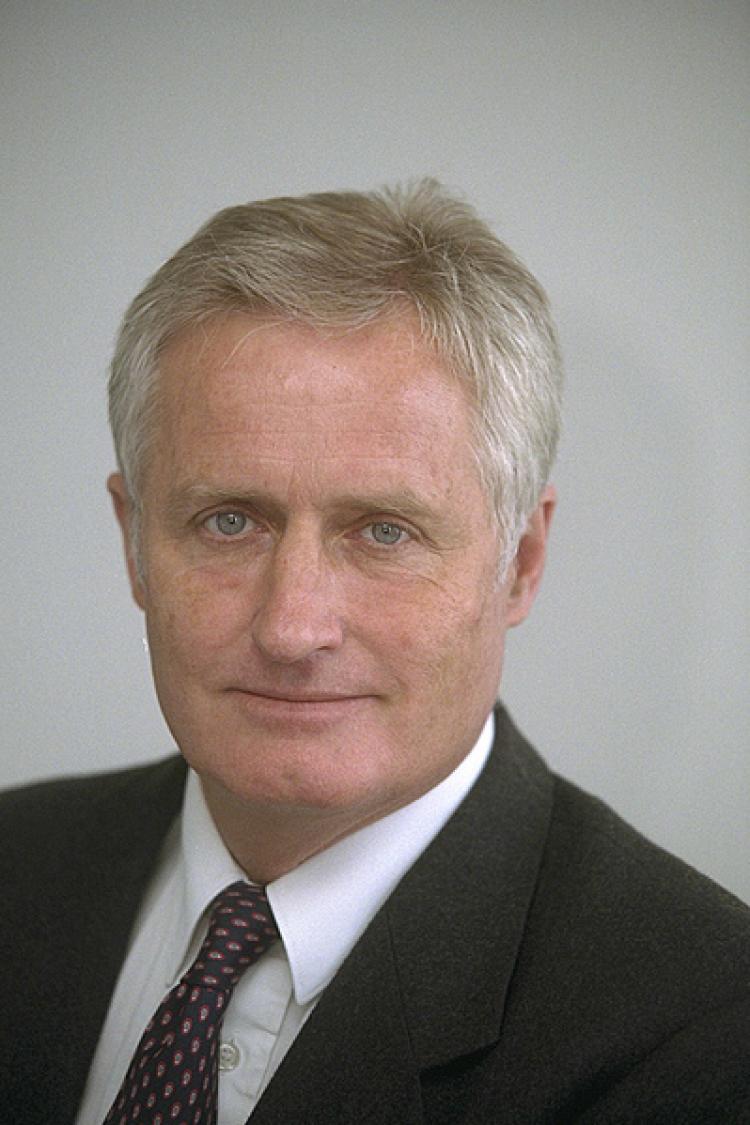He further argued that governments attempting to rescue enterprises and providing guarantees would get the opposite effect than they intended.
Martin is a freelancing financial/economics journalist residing in Germany and has authored books discussing economic matters. He also worked an editor for a number of German and Swiss economic media outlets. Martin is an opponent of state intervention during economic and financial crisis and advocates the gold standard as a monetary system.
In Martin’s mind, the stimulus package, which initially appears to be a godsend from a social standpoint, brings about huge risks. The question arises as to where all these bailout funds come from. The answer is public debt, which brings about additional interest burden. At most, this exercise results in paying off some of the private sector debt that’s relieved as a result of the capital injection.
Presently, Germany’s national debt is predicted to rise to 1.7 trillion Euros ($2.4 trillion) by the end of 2009. It is not surprising that every 1 in 8 euros the German government receives are already earmarked to pay interest.
Coming up with funds requires increased taxation, either overtly or covertly through taxing goods and services and lower state contributions for social endeavors and education.
Martin discussed in depth in his book When Does the National Bankruptcy Happen that once the threshold that leads into a torrent of debt was crossed, it would be almost impossible to reverse the situation. Eventually, the country must file for bankruptcy.
Different Perspectives on the Financial Crisis
“As soon as national interest payments are higher than available tax money received from the people, the state has to stop payments, increase taxes, add new taxes or try something else,” Martin, Walter Lueftl and Ullstein wrote in their book Capitalism—A System that Works.
Martin claims that this thought explains clearly what is happening in today’s global economy and continues that countries “establish new bailout programs that are financed with additional debt and must contribute additional purchasing power for the economy.”
“This naturally isn’t the panacea for the problem, but only postpones it,” Martin argued. “The main problem for the global economy is excessive debt worldwide, which resulted in today’s crisis.“
In addressing the financial quagmire, bailout programs are perpetuated by central banks that don’t blink an eye when banks trade exotic securities and then accept them as collateral.
What About the U.S. Dollar?
China’s push towards replacing the U.S. dollar as reserve currency is no more than a country trying to detract from its own problems and looking for a scapegoat.
“To change the predominant currency is not that simple, because all currencies are pegged to the U.S. dollar, including the so-called special drawing rights of the IMF (International Monetary Fund) are pegged daily to the dollar,” Martin explained in an exclusive interview. “There is not much of a chance that the dollar as predominant currency would disappear.”
China would be the loser if it should convince the rest of the world to dump the U.S. as the main reserve currency. China’s large foreign currency holdings are mostly short-term U.S. government securities—so-called treasury bonds. They could not convert these short-term securities, for example, into euros immediately because they would have to sell them in the U.S. market for cash. The market would, on such news becoming known, immediately pull down the value of dollars.
Martin doesn’t believe that China would pull the trigger on dumping its billions of reserves in U.S. government securities for such small amounts of returns.
Stable Economic System
Martin says that traditional tribal communities represent true, stable economic systems. The problem is that such a system works in small communities, but can’t be replicated in large societies or on a worldwide basis.
For a country to come as close as possible to a true stable economic system it should lower its interest rates and keep regulations at a minimum. The government should refrain from imitating a private sector enterprise and keep clearly in mind its obligations to society.
The government is spending money earned by its citizen, and it should never spend more than its taking in. But, what is seen today is that governments spend an inordinate amount more than they take in and are teetering on the verge of bankruptcy. This is far from a stable economic system.
Returning to the Gold Standard
“The gold standard has a great advantage. It is free of the fluctuations of currencies, is not tied to any currency and can be counterbalanced with other precious metals. It could be as easily increased as the paper money or settlement accounts recorded on the computer of a Wall Street bank. The downside is that it can be eliminated,” Martin said.
If the gold standard had abolished in the 1914s, the First World War would have been over in no more than a few weeks. The government would have lacked the funds to pay its soldiers. Countries such as Austria, Germany and Russia would have experienced hyperinflation.
“The gold standard in the classical sense was a part and parcel of an economic order. It was the corner-stone of the system of public law, social customs and institutions that Marx pejoratively called “capitalism”—a system that rested on nearly unlimited freedom of consumer choice, of enterprise, and of markets,” Antal E. Fekete argues in the article “The Golden Thorn in the Flesh, Part 2.”
Heide B. Malhotra contributed to this article.


